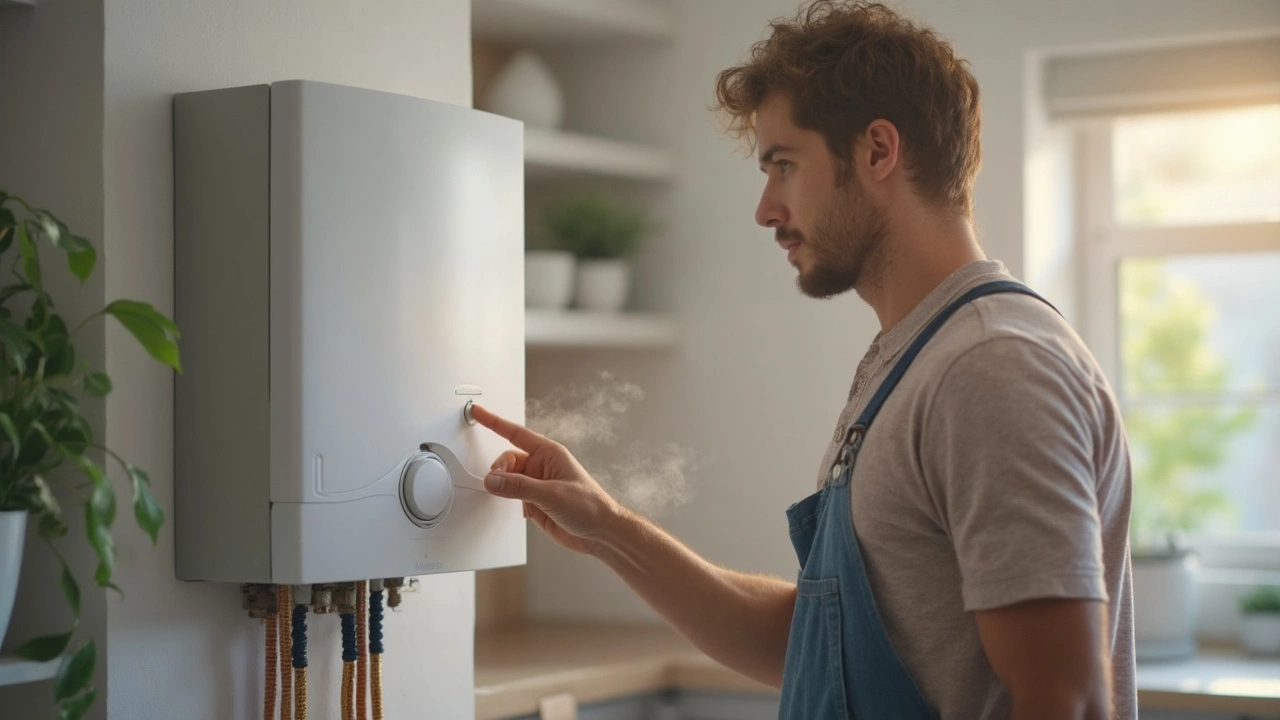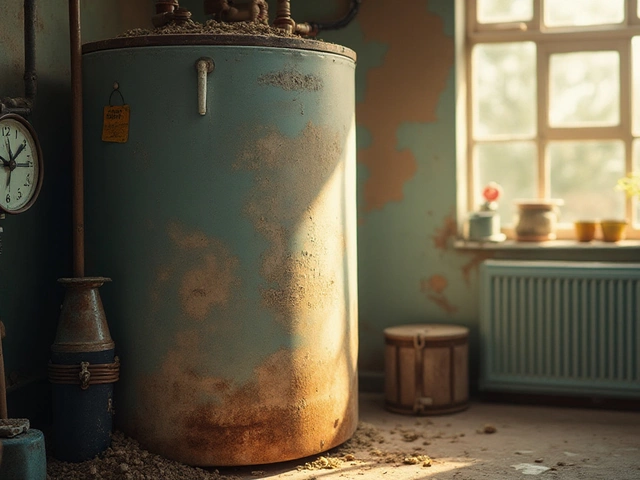If the lights flicker or a circuit breaker flips over every time you use a washing machine, fridge, or oven, you know the frustration. A tripping breaker isn’t just annoying – it can signal an overload, a short circuit, or a deeper electrical problem. The good news? Most causes are easy to spot and fix, and you don’t always need a full‑blown electrician visit.
1. Overloaded circuit – Plugging too many high‑wattage appliances into one outlet is the classic mistake. A washing machine plus a dryer on the same line can push the current past the breaker’s rating.
2. Faulty appliance – A failing fridge motor or a burnt‑out heating element can draw extra current, causing the breaker to shut down to protect the wiring.
3. Short circuit – When a live wire touches neutral or ground, it creates a direct path for electricity, instantly tripping the breaker. This often shows up as a spark or a burning smell.
4. Ground fault – Similar to a short, but the current leaks to the earth. Moisture in a dishwasher or a cracked cable can cause this.
5. Worn or old breaker – Breakers do degrade over time. If yours is decades old, it might trip even when the load is within limits.
Step 1: Reset and Observe
Flip the breaker fully to the OFF position, then back to ON. If it stays on, the issue was likely a temporary overload. If it trips again right away, move to the next step.
Step 2: Identify the Circuit
Check which outlets and appliances share the tripping breaker. Turn off or unplug everything on that line.
Step 3: Test One Appliance at a Time
Plug in the first appliance, then turn the breaker on. If it holds, add the next appliance. When the breaker finally trips, you’ve found the culprit.
Step 4: Inspect for Damage
Look at cords, plugs, and the appliance itself for signs of wear, burnt marks, or melted plastic. A damaged cord can cause a short.
Step 5: Check for Moisture
Appliances near water (dishwashers, washing machines) can develop moisture inside the plug or wiring. Dry everything thoroughly and try again.
Step 6: Call a Professional
If you’ve tried all appliances and the breaker still trips with nothing plugged in, the problem is likely inside the wiring or the breaker itself. This is where a qualified electrician – or a trusted appliance repair service like ours – steps in.
Remember, safety comes first. Never force a breaker back into place. If you ever see sparks, hear a buzzing sound, or smell burning, turn off the main power and call an expert immediately.
By following these quick checks, you can often pinpoint the issue and avoid costly service calls. But if the breaker keeps tripping despite your best effort, let Bognor Regis Appliance Repair Experts handle it. We know the local wiring standards, can test breakers safely, and will get your home back to full power without hassle.

Dealing with a water heater that keeps tripping can be a headache—hot water one minute and a cold shower the next. This article breaks down the most common reasons for this irritating problem, giving you clear steps for figuring out if it’s a simple DIY fix or if you should call in a pro. You’ll get straight talk, not complicated jargon or long-winded explanations. Learn what to check, what parts usually fail, and when your water heater might just be on its last leg. Get the confidence to handle the problem and save yourself a ton of hassle.

Electric ovens can sometimes act up and cause frustration in the kitchen. While not every issue requires a professional, understanding the basic components can save time and money. This guide explores the practicality, challenges, and tips for tackling common oven problems. Whether it's a heating issue or a broken door handle, knowing what to check is crucial. Get insights into the DIY approach to electric oven repair to keep your appliance running smoothly.

This article breaks down what 'appliance for a job' really means in the appliance service world. It explains common misunderstandings and clarifies whether it refers to equipment or applying for work. The piece gives real-world examples, explores the hiring process for technicians, and shares tips for both customers and job seekers. Straightforward info keeps things practical and easy to follow. If you've ever scratched your head at this phrase, you'll finally get the answer here.

Neglecting to flush your water heater can lead to a host of issues, from inefficiency to full-blown malfunctions. Sediment buildup can decrease heating efficiency and even cause damage over time. This article explores what happens if you never flush your water heater, why regular maintenance is crucial, and how you can perform these tasks. Dive into practical advice and tips for maintaining a healthy water heating system.

Is fixing a 4-year-old dishwasher actually worth it? Get honest advice, money-saving tips, and clear facts for making the smartest call.

Ever got frustrated with cold showers while waiting for your hot water heater to get fixed? This article breaks down how long it really takes to repair different types of water heaters, from common issues you can fix yourself to problems that call for a pro. You'll learn what affects the repair timeline, plus some quick tips to speed things up. No more second-guessing if you’ll be stuck with icy water all day. Get the facts so you can plan around your next repair.